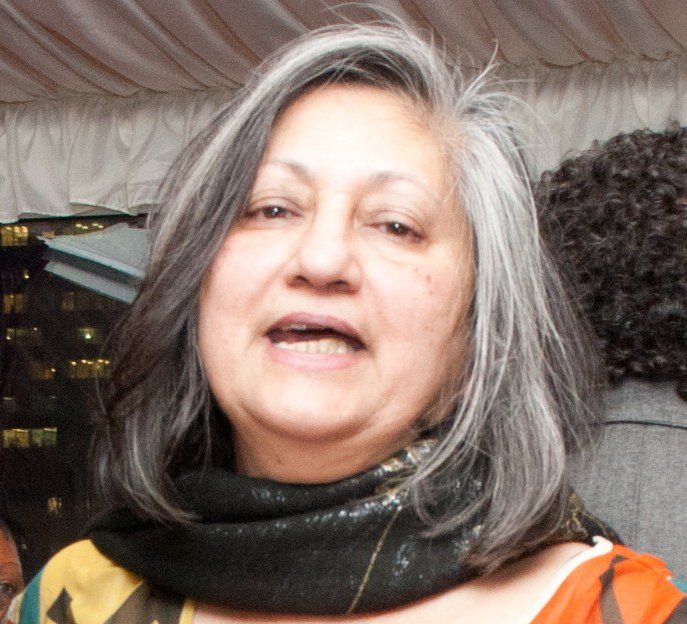- Home
- News & Blogs
- About Us
- What We Do
- Our Communities
- Info Centre
- Press
- Contact
- Archive 2019
- 2015 Elections: 11 new BME MP’s make history
- 70th Anniversary of the Partition of India
- Black Church Manifesto Questionnaire
- Brett Bailey: Exhibit B
- Briefing Paper: Ethnic Minorities in Politics and Public Life
- Civil Rights Leader Ratna Lachman dies
- ELLE Magazine: Young, Gifted, and Black
- External Jobs
- FeaturedVideo
- FeaturedVideo
- FeaturedVideo
- Gary Younge Book Sale
- George Osborne's budget increases racial disadvantage
- Goldsmiths Students' Union External Trustee
- International Commissioners condemn the appalling murder of Tyre Nichols
- Iqbal Wahhab OBE empowers Togo prisoners
- Job Vacancy: Head of Campaigns and Communications
- Media and Public Relations Officer for Jean Lambert MEP (full-time)
- Number 10 statement - race disparity unit
- Pathway to Success 2022
- Please donate £10 or more
- Rashan Charles had no Illegal Drugs
- Serena Williams: Black women should demand equal pay
- Thank you for your donation
- The Colour of Power 2021
- The Power of Poetry
- The UK election voter registration countdown begins now
- Volunteering roles at Community Alliance Lewisham (CAL)
Public sector strike against pension reform
Almost three million public sector workers are set to strike today in response to government austerity measures and pension reform.
The N30 “Day of Action” is orchestrated by the Trade Union Congress (TUC) and will include workers from UNISON, the biggest public sector union which has over 1.3 million members. UNISON voted in favour of striking on November 3 in the biggest trade union ballot ever held.
Today’s walkout is being held in an effort to demonstrate that recent cuts by the government, particularly in pension reform, are unacceptable. It threatens to disrupt services at airports, schools, and hospitals in what the public sector hopes will be a demonstration of their power. A similar strike was held on June 30 of this year.
The government had initially responded to the threat of a strike by offering the unions a scaled-back version of the changes, with Chief Secretary to the Treasury Danny Alexander meeting with union leaders. Under new proposals, workers retiring within 10 years would not see any pension changes. Those who earn a low to middle income would actually see an increase in their pensions according to Prime Minister David Cameron, who spoke about the issue at the Prime Minister’s Questions earlier in the month.
However, unions refused to call off the strike even in light of government concessions, which they say did not go far enough to ensure that workers receive a fair package without changes to their income, pension payments and retirement age.
A spokesperson from UNISON stated,
“Strikes are a last resort. We have been negotiating with the government for eight months now. We are striking with over 30 other unions in an attempt to get the government to see how detrimental the pension plans would be to union members, their families and the dignity that they should expect in their retirement.”
BME workers are well-represented in the public sector and will be greatly affected by pension reform and will participate in today’s action.
A Spokesperson from Operation Black Vote said,
"BME individuals are the cornerstone of some of our great public institutions such as the NHS with thousands of BME doctors and nurses dispensing medical care across the country. Operation Black Vote believes that their hard work and the vital role that they, and all public sector workers, play should not be rewarded by an unfair cut in their pension conditions."
The spokesperson from UNISON agreed that BME employees will be especially hard hit by pension reform. They added,
“The government should take action towards the pension crisis in the private sector, where two-thirds of people do not receive a penny from their employers to their pensions. This campaign is for decent pensions for all.”
In regards to the debt crisis forcing the government to change pensions, UNISON believes that there are alternatives to cutting pensions for the most vulnerable workers. The spokesperson said,
“An alternative economic plan is to make those who make the most pay the most towards fixing the crisis. For example, a bank transactional tax would raise £20 billion. Instead, we have public sector workers taking a three-year pay freeze and losing their jobs. Meanwhile, bankers keep their jobs making millions while not lending.”
 Yvonne Fernandes (pictured left), a local authority worker, expressed mixed feelings about the strike but concluded that it is necessary.
Yvonne Fernandes (pictured left), a local authority worker, expressed mixed feelings about the strike but concluded that it is necessary.
She said,
“My colleagues and I are very reluctant to strike. We love our work, and it requires a lot of dedication and commitment. It hurts us to strike, but we feel we have to because we have not received a pay rise for a long time and when we have, it is so little that you cannot tell the difference. It is necessary that you strike.”
Three generations of the Fernandes family, including her son and grandson, are taking part in the strikes today. Echoing the sentiments of UNISON, Fernandes, believes the government should not hold the struggling workers to be responsible for the economic and pension problems.
“It is the government who is using the money that they say is not around to help the banks with their mismanagement of the money. I hope this strike will achieve togetherness and hope. I want to show solidarity with the younger people who this change will affect.”
Danny Mucinskas
